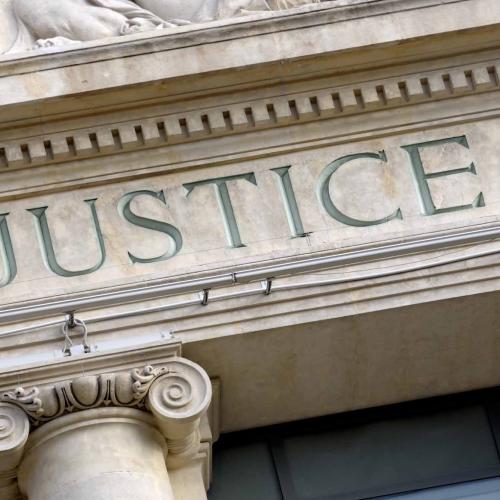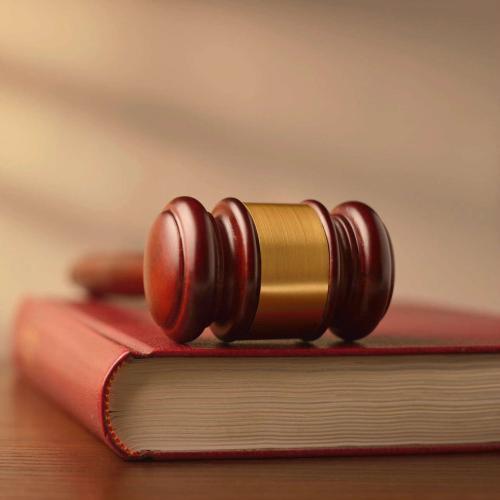The disclosure of exculpatory evidence plays a critical role in the administration of justice within the United States' criminal justice system. Exculpatory evidence refers to any information or material that may be favorable to the defendant in a criminal trial, potentially exonerating them or reducing their culpability. This concept is essential in ensuring fair trials, as it helps to balance the scales of justice by providing the defense with access to information that could influence the outcome of the case.
The Role of Exculpatory Evidence
Exculpatory evidence can take many forms, including witness statements, physical evidence, and documents that undermine the prosecution's case. Its importance cannot be overstated, as it can mean the difference between a conviction and an acquittal. The principle behind the disclosure of such evidence is rooted in the fundamental right to a fair trial, as guaranteed by the Sixth Amendment to the United States Constitution.
The requirement for disclosure is designed to prevent miscarriages of justice, where defendants might be wrongfully convicted due to the suppression of evidence that could prove their innocence. It ensures that all relevant facts are considered by the jury or judge, allowing for a more accurate determination of guilt or innocence.
Legal Obligations and Procedures
Prosecutors have a legal obligation to disclose exculpatory evidence to the defense. This duty is part of the ethical responsibilities outlined in the American Bar Association's Model Rules of Professional Conduct, specifically Rule 3.8(d). Failure to disclose such evidence can result in severe consequences, including the reversal of convictions, disciplinary actions against prosecutors, and civil liability.
The process of disclosure typically involves several steps. Initially, prosecutors must identify and review all evidence in their possession or control. This includes evidence held by law enforcement agencies working on the case. Prosecutors must then determine whether any of this evidence is exculpatory or potentially favorable to the defense.
Once identified, exculpatory evidence must be disclosed to the defense in a timely manner. The timing of this disclosure is critical; it must be made sufficiently in advance of trial to allow the defense to investigate and use the evidence effectively. Courts have held that late disclosures, which hamper the defense's ability to prepare, can violate the defendant's rights and undermine the fairness of the trial.
Challenges in Disclosure
Despite the clear legal obligations, challenges remain in ensuring consistent and comprehensive disclosure of exculpatory evidence. One significant issue is the subjective nature of determining what constitutes exculpatory evidence. Prosecutors may sometimes fail to recognize the potential exculpatory value of certain evidence, leading to unintentional nondisclosure.
Additionally, systemic issues within law enforcement agencies, such as poor evidence management practices or lack of communication between agencies, can result in evidence being overlooked or not disclosed. There are also instances where prosecutorial misconduct leads to intentional suppression of exculpatory evidence, although such cases are relatively rare.
Defense attorneys play a crucial role in mitigating these challenges by actively seeking out exculpatory evidence. They can file motions for discovery and request specific types of evidence that might aid in their defense. Vigilant and proactive defense strategies are essential in ensuring that all relevant evidence is brought to light.
Impact of Non-Disclosure
The failure to disclose exculpatory evidence can have profound implications for the criminal justice system. Non-disclosure undermines the integrity of the judicial process, leading to wrongful convictions and eroding public trust in the legal system. High-profile cases of wrongful convictions often reveal that exculpatory evidence was either overlooked or deliberately withheld, highlighting the critical need for robust disclosure practices.
Wrongful convictions not only devastate the lives of innocent individuals but also allow the actual perpetrators to remain free, posing a continued risk to public safety. Furthermore, the revelation of non-disclosure can result in costly retrials and settlements, burdening the judicial system and the public purse.
Reform and Improvements
Recognizing the importance of exculpatory evidence disclosure, various reforms have been proposed and implemented to enhance compliance and accountability. These include training programs for prosecutors and law enforcement officers to better identify and handle exculpatory evidence. Additionally, some jurisdictions have established "open file" policies, where the prosecution's entire case file is made available to the defense, reducing the risk of inadvertent non-disclosure.
Technological advancements also offer promising solutions. Improved evidence management systems and databases can help track and ensure the proper handling and disclosure of evidence. Moreover, increased oversight and the establishment of independent review boards can provide additional layers of accountability.
Legislative measures have also been introduced to strengthen disclosure requirements. Some states have enacted laws mandating automatic and reciprocal discovery, where both the prosecution and defense must disclose their evidence without specific requests. These measures aim to create a more transparent and balanced process, ensuring that all relevant evidence is available to both parties.
The disclosure of exculpatory evidence is a cornerstone of a fair and just criminal justice system. It ensures that defendants have access to all relevant information that could impact their case, promoting accurate and equitable outcomes. While challenges remain, ongoing reforms and advancements hold promise for improving the consistency and effectiveness of disclosure practices.
As the legal landscape continues to evolve, it is crucial for all stakeholders—prosecutors, defense attorneys, law enforcement, and policymakers—to remain vigilant and committed to upholding the principles of justice. By fostering a culture of transparency and accountability, the criminal justice system can better serve the interests of truth and fairness.



